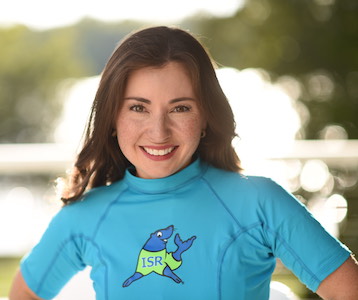about isr
proudly affiliated with
infant swimming resource
ISR is the global leader in the industry it pioneered in 1966: survival swimming lessons for infants and young children. Our team of highly-trained ISR Instructors provides the safest and most effective survival swimming lessons available. The ISR lessons our students receive today is a product of nearly 60 years of research and experience to achieve unparalleled results each day in pools around the world.
Our mission, “Not One More Child Drowns,” is the foundation of everything we do and the driving force behind ISR’s employees, independent ISR Instructors, and major corporate partnerships. We believe the successful prevention of the leading cause of accidental death for children under the age of 4 in the U.S. will require a large group of caring and capable professionals whose sole focus is to save lives.
To date, we have delivered more than 19,000,000 ISR Self-Rescue Lessons. ISR believes in multiple layers of defense against aquatic accidents which include pool fences, alarms, and active adult supervision. However, traditional lines of defense break down, and the over 4,000 drowning deaths per year bear a grim testament to the fact that traditional approaches are missing a key component: the child.
ISR’s core conviction is that the child is the most important part of a drowning prevention strategy and our over 450,000 ISR graduates and hundreds of documented survival stories, are proof that children can, and do, save themselves. Children are curious, capable, and have an uncanny ability to overcome obstacles like pool fences; at ISR we take that ability and teach them skills to potentially save themselves if they find themselves in the water alone.
water safety
Even if your child has had swimming lessons, no child is drown-proof and there is absolutely no substitute for adult supervision. Drowning is the leading cause of accidental death for children between the ages of one and four. At ISR, we believe in layers of protection because we know that sometimes supervision fails.




